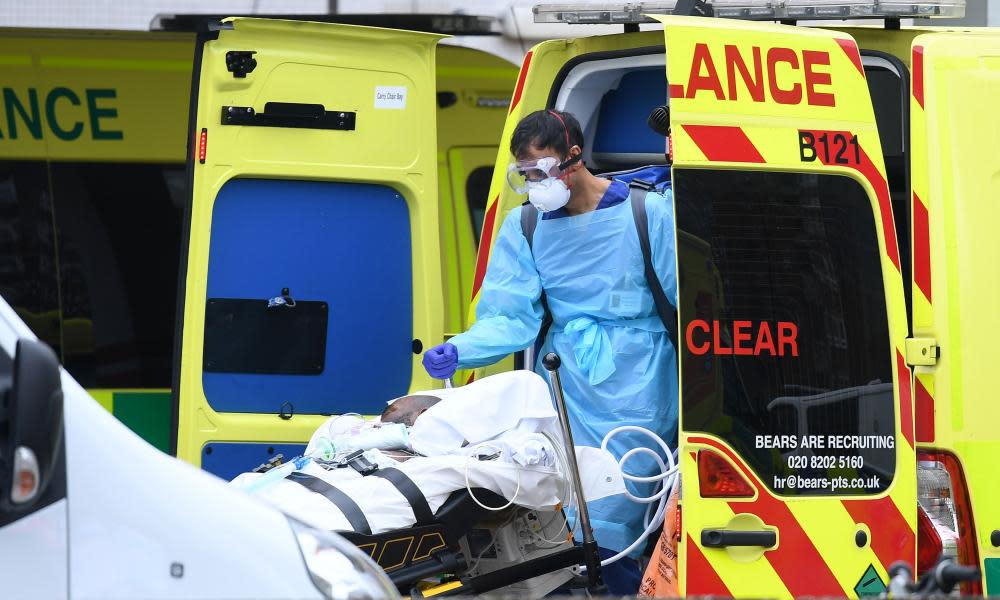UK health minister did not see 2017 pandemic report until Guardian story

A health minister has told MPs that the first time he saw a government report that disclosed the UK’s lack of preparedness for a coronavirus pandemic was when he read about it in the Guardian.
Edward Argar, appearing before the public administration and constitutional affairs committee, was asked when he first read the findings of a report into Exercise Cygnus, a 2017 simulation of an influenza pandemic that forewarned the crisis in care homes.
The report, which concluded starkly that Britain was not adequately prepared for a flu-like pandemic’s “extreme demands”, was disclosed by the Guardian on 7 May.
Argar, who has been the minister of state for health since September, said: “The first formal time I saw it was the leaked copy [in the Guardian], but I had been briefed on the contents of the report and what was in it.”
default
The report contained 26 key recommendations, including boosting the capacity of care homes and the numbers of staff available to work in them. It also warned of the challenge facing homes asked to take in patients from hospitals.
William Wragg, the chair of the committee, asked when the findings of the report were circulated to ministers.
Penny Mordaunt, the paymaster general, told the committee the report was circulated by her department after she came in to office in February.
“My understanding, chair, is that I made a request at the start of this crisis to be circulated to all ministers and the recommendations were circulated. I understand that report was discussed at an NSC [National Security Council] forum, a sub-committee at that forum,” she said.
Wragg asked again: “That report is from a few years ago, so there has been plenty of time. Are you saying that ministers have not seen it? … Which ministers were sent a copy, for example?”
Mordaunt said she could not be sure that ministers had seen a copy of the report which may not have been passed on by officials.
“Health was the lead department at that time and should be able to tell you that. My understanding, having asked this question is that it was circulated to departments at the time but that does not mean it was necessarily put in front of ministers,” she said.
“However, I know ministers who were on a particular sub-committee of the NSC would have seen that. That does not include all ministers. Health will be able to tell you.”
Wragg replied: “I have seen a copy of the report. It was exactly the same as the copy of the report on the Guardian website some months before, so I can confirm it exists. But what you seem to be painting is a picture that the report may have been circulated to departments but cannot say what learning was done and if that was disseminated.”
Exercise Cygnus was a government simulation of a flu outbreak, carried out to war-game the UK’s pandemic readiness. It involved 950 officials from central and local government, NHS organisations, prisons and local emergency response planners. A report on the exercise was compiled the following year and distributed among its participants.
The simulation took place over three days in October 2016 and asked participants to imagine they were fighting a fictitious “worst-case-scenario” flu pandemic affecting up to 50% of the population and causing up to 400,000 excess deaths.
The Cygnus report was frank about the state of the UK’s readiness. “The UK’s preparedness and response, in terms of its plans, policies and capability, is currently not sufficient to cope with the extreme demands of a severe pandemic that will have a nationwide impact across all sectors,” it found.


